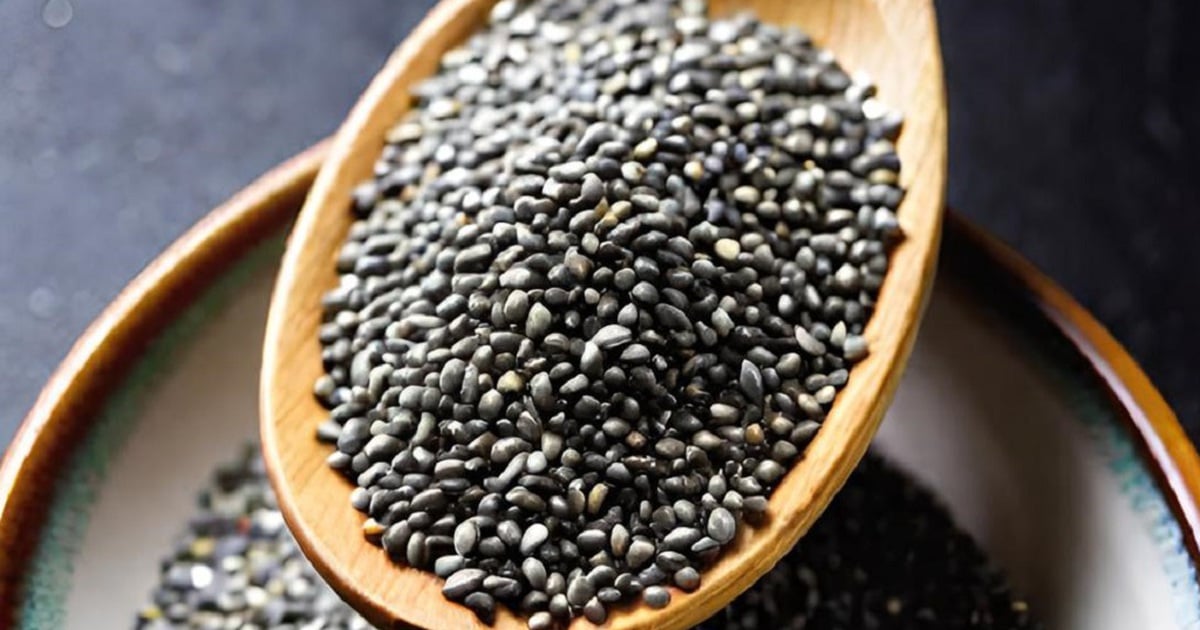The Portfolio Diet, approved by the American Heart Association, can control cholesterol and reduce the risk of heart disease and stroke.
The diet was developed by Professor David JA Jenkins, a nutritionist at the University of Toronto, based on a method of synthesizing healthy food lists. He hopes this menu will also help reduce the risk of cancer and diabetes.
Although not yet widely available, the portfolio diet shares many similarities with the Mediterranean and DASH diets (used to prevent high blood pressure), such as its emphasis on plant-based foods.
While not designed for weight loss, people who follow the portfolio diet may still see positive effects, such as reduced bad cholesterol levels — which can help control body weight.
This diet is divided into recommended food categories, including:
- Fruits: avocado, pear, apple, orange, banana, kiwi, peach
- Vegetables: okra, eggplant, Brussels sprouts, broccoli, radish
- Nuts: almonds, walnuts, cashews, pistachios, flax seeds, sunflower seeds, chia seeds
- Whole grains: oats, quinoa, brown rice, barley
- Beans: black beans, kidney beans, lentils, chickpeas, lima beans
- Soy protein: tofu, soy milk, soy cold cuts, soy veggie burgers
- Healthy fats: butter and vegetable oils
Additionally, this diet encourages the use of supplements such as psyllium fiber and plant sterols (substances that exist naturally in plant-based foods).

Fats from avocados and nuts are at the core of the portfolio diet. Photo: Stock Adobe
Some foods to minimize or eliminate include:
- Processed foods: chips, pretzels/pretzels, fried foods, convenience store meals, processed meats
- Refined carbs: white pasta, white rice, white bread, corn tortillas
- Sweets: cookies, cakes, candies
- Sugar: table sugar, honey, maple syrup, brown sugar
- Beverages: soda, sweet tea, sports drinks, energy drinks
Previous analyses have shown that the portfolio diet can lower “bad” LDL cholesterol. The long-term study, published in the journal Circulation, looked at the daily menus of 200,000 volunteers, asking them to answer food questions every four years. Scientists scored participants based on how much they ate a portfolio diet (the amount of plant protein, nuts, fiber, and monounsaturated fatty acids they consumed).
After 30 years of follow-up, they concluded that those who scored highest had a 14% lower risk of heart disease, coronary heart disease and stroke than those who scored lowest.
"Our study found that the portfolio diet can reduce the risk of both heart disease and stroke. It shows how to prevent disease through consuming specific foods, recommended in this menu," said Dr. Andrea Glenn, Harvard TH Chan School of Public Health.
Thuc Linh (According to NY Post )
Source link



![[Photo] Looking back at the impressive moments of the Vietnamese rescue team in Myanmar](https://vstatic.vietnam.vn/vietnam/resource/IMAGE/2025/4/11/5623ca902a934e19b604c718265249d0)

![[Photo] "Beauties" participate in the parade rehearsal at Bien Hoa airport](https://vstatic.vietnam.vn/vietnam/resource/IMAGE/2025/4/11/155502af3384431e918de0e2e585d13a)























![[Photo] Summary of parade practice in preparation for the April 30th celebration](https://vstatic.vietnam.vn/vietnam/resource/IMAGE/2025/4/11/78cfee0f2cc045b387ff1a4362b5950f)





























































Comment (0)